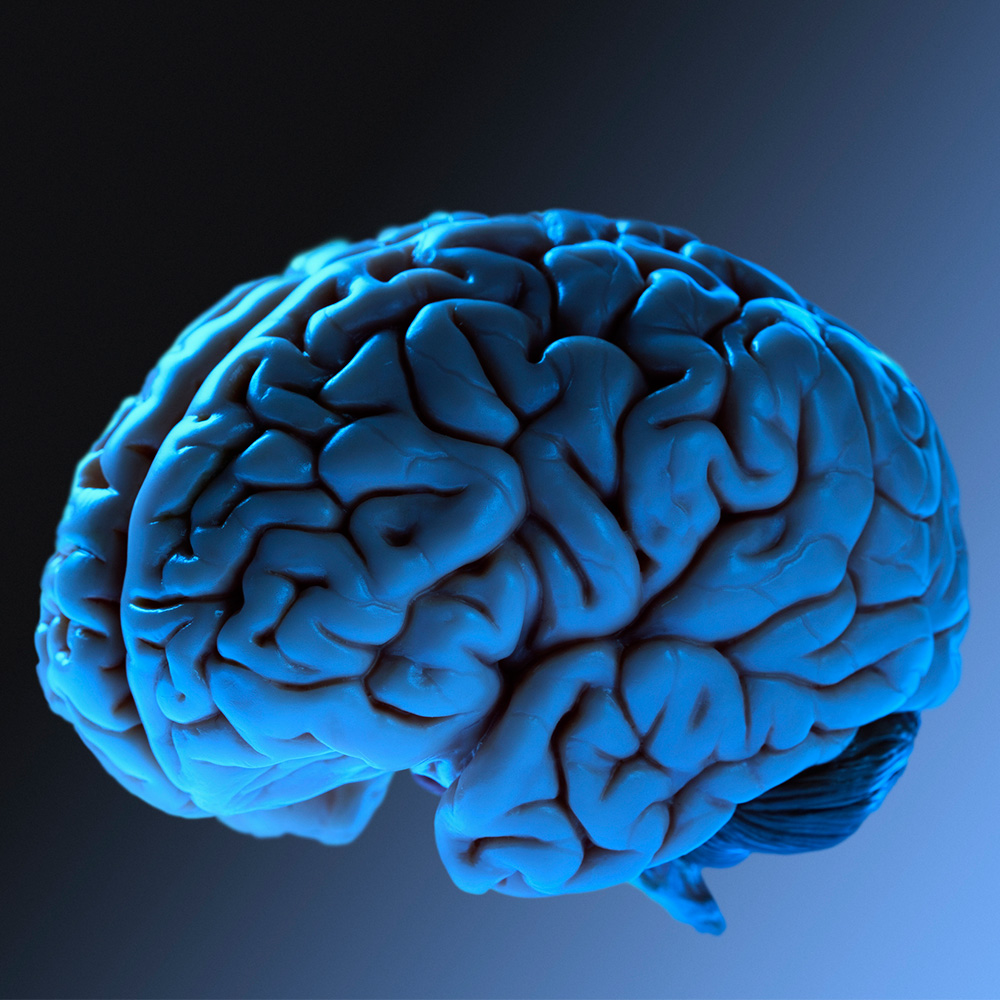Joachim Herz Lab: Alzheimer’s risk

DALLAS – January 2017 – Researchers at the Peter O’Donnell Jr. Brain Institute at UT Southwestern Medical Center have compiled a review outlining how a specific form of protein increases the risk of developing Alzheimer’s disease.
Much of the research examining the causes of dementia have focused on Apolipoprotein E (ApoE), which in certain genetic forms can support the buildup of toxic amyloid plaques in the brains of Alzheimer’s patients. Researchers at the Institute’s Center for Translational Neurodegeneration Research and elsewhere are trying to determine whether reducing ApoE in the brain could eventually be a viable therapeutic option for treating Alzheimer’s.
The retrospective study examines how various bodily systems fail due to ApoE, which among other functions is responsible for transporting and filtering b-amyloid, the toxic substance that accumulates in Alzheimer’s disease.
The type of ApoE produced by the ApoE gene determines how effectively amyloid is removed from the brain. ApoE2 is the most effective, ApoE3 is in the middle and ApoE4 is the least effective and thus most likely to allow the buildup of amyloid plaques. People whose genes produce ApoE4 are at high risk of developing Alzheimer’s, according to the review compiled by Center Director Dr. Joachim Herz, Professor of Molecular Genetics, Neuroscience, and Neurology and Neurotherapeutics, and Courtney Lane-Donovan, a Medical Science Training Program student.
The retrospective is published in the journal Trends in Endocrinology and Metabolism.
More than 5 million people are estimated to have Alzheimer’s, the most common form of dementia, according to the Centers for Disease Control and Prevention, which projects the number could rise three-fold to more than 14 million by 2050.
Dr. Herz holds the Thomas O. and Cinda Hicks Family Distinguished Chair in Alzheimer's Disease Research. Visit the Herz Lab.




